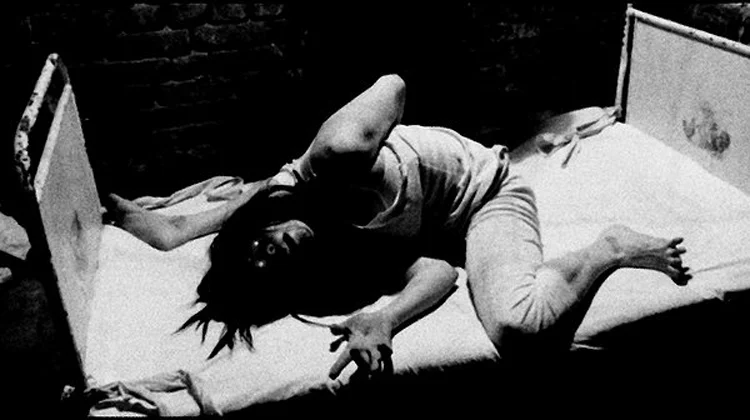Filipinos, especially Filipino-Americans, should be very aware of the miseducation of the Philippines that has affected our upbringing and even the way we are raising the next generation. After almost 400 years of Spanish rule that changed our religion to Catholic, American imperialism took hold. The U.S., under President William McKinley, called it "benevolent assimilation" but in truth it was a genocide of our people in which more than a million Filipinos died at the hands of U.S. soldiers.
After this came what Filipino historian Renato Constantino described as the great "miseducation" of the Filipino people. The U.S. created a public school system in the Philippines and recruited legions of American teachers to teach Filipino children about U.S. history, politics and culture. Academically gifted Filipino men were sent to college in the U.S. In exchange, these pensionados were required to return to the Philippines and serve as teachers, engineers and civil servants.
From a very young age, Filipinos were schooled to admire the U.S. and to think of themselves as Americans. Filipino students were conditioned to equate the United States with civilization, righteousness, and opportunity. Filipino culture, on the other hand, was given little value. With this, a culture of migration took root. When Filipinos arrived in the U.S., they found themselves subject to rampant prejudice and discrimination.
Why did the U.S. do this? Easy answer. Colonial exploitation. The U.S. wanted to get their hands on our cash crops, such as sugarcane. American companies and owners bought farmland to use for export crops. By the twentieth century, the Philippines was exporting so many of its agricultural products and natural resources that it could no longer feed it's own inhabitants.
The U.S. also wanted to expand their consumer base by forcing millions of Filipinos to purchase U.S. goods. It was a one-way economic relationship that benefited only the U.S.. This had a direct effect on the underdevelopment of the Philippines that we still see to his day.
The role of Filipino and Filipino-American pop culture in the decolonization process has been minimal. The images and representations of our culture in the media still reflect a colonized mentality. The exception is in the work of younger Filipino and Filipino-American journalists and writers who are beginning to reflect a more critical perspective.
This is why it is so important to support educational reform in the Philippines. We need to undo our miseducation. Filipino history that was written by Americans is not the history that Filipinos should be taught. English should not be the main language taught in Filipino schools. The loss of language will affect our identity negatively. "The sole emphasis on English has devalued the Philippine languages to the realm of popular media and casual conversation. This attitude implies the Philippine languages are not meant to be developed and intellectualized — another symptom of colonial mentality." (Barrameda)
It is because of this gross miseducation that many of our Filipino elders and first generation immigrants find little fault with the U.S. and seem almost grateful to have been colonized. The real history was wiped completely clean.
*To read more about this topic, I highly recommend Anthony C. Ocampo's book, The Latinos of Asia, EJR David's book, Brown Skin, White Minds and this article, Confessions of an Inglisera.




















I usually do a write up of the events I’ve organized or hosted and my most-read articles at the end of the year. This was an unusual year (obviously, there is no need to go into it here) so I didn’t bother. Instead I want to highlight a project of mine that I am particularly proud of — it’s my new podcast show, Unverified Accounts, that I cohost with my frequent collaborators, Chris Jesu Lee and Filip Guo. If you're a big movie/TV/book buff, have leftist sympathies, but can't stand 'wokeness' dumbing down our culture, then we're the podcast for you. So far in our 25 episodes, we’ve covered a range of contentious topics.